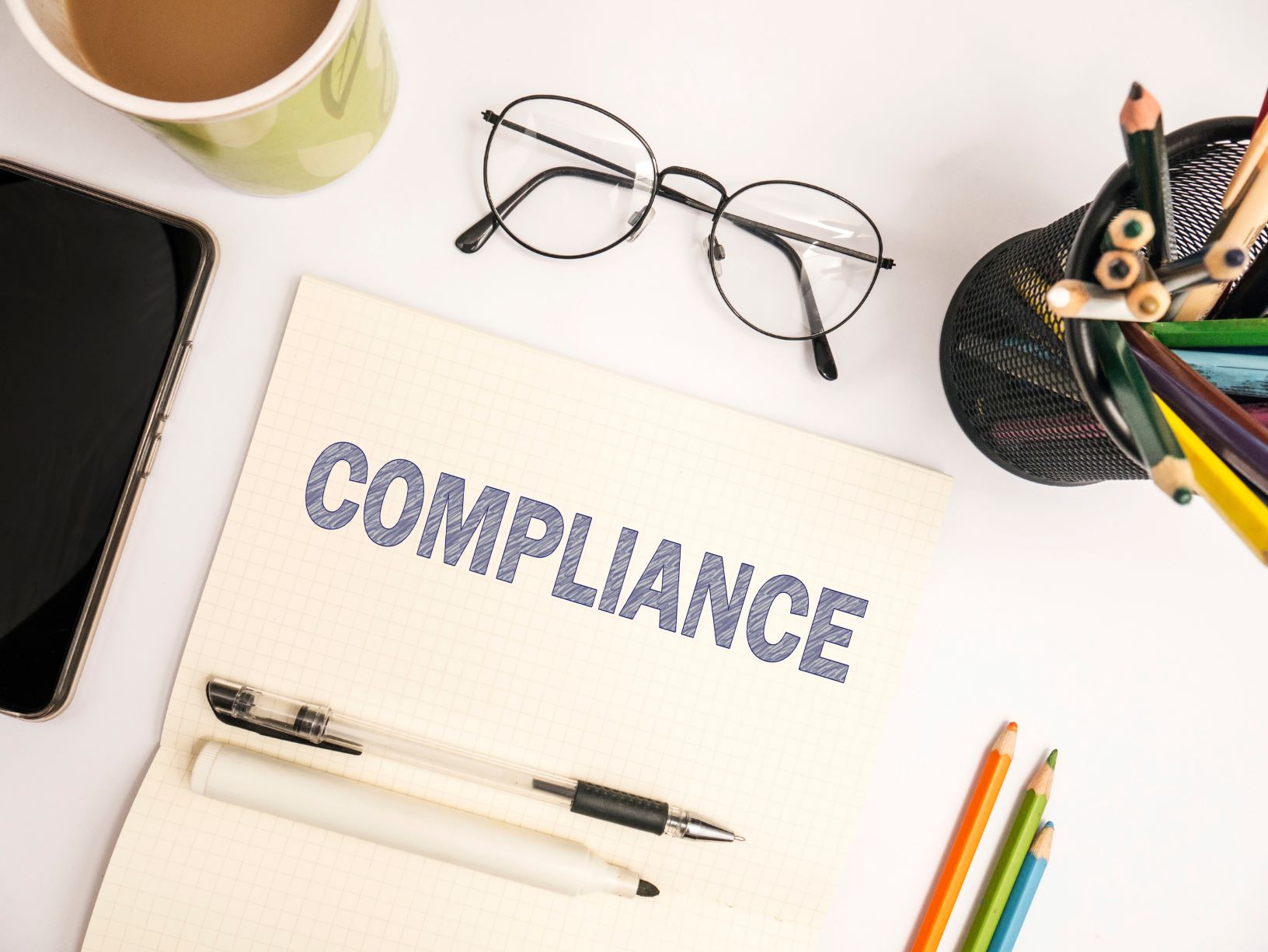This certificate program is designed to enhance your current understanding of ESG concepts, including ESG reporting.
Organizations are increasingly under pressure to understand and manage ESG risks, particularly as investors and regulators focus on organizations producing accurate and reliable reporting on sustainability efforts. That pressure is being reflected increasingly in executive performance as more organizations tie incentive compensation metrics to ESG goals. Additional risk areas associated with ESG are varied and can include reliance on third-party data, potential reputational damage from faulty reporting, and the real possibility that an organization’s explicit commitments to meet specific sustainability goals could grow into a material weakness.
As ESG reporting becomes increasingly common world-wide, it should be treated with the same care as financial reporting. Organizations need to recognize that ESG reporting must be built on a strategically crafted system of internal controls and accurately reflect how an organization’s ESG efforts relate to each other, the organization’s finances, and value creation. This certificate program provides hands-on practical application of critical ESG metric identification and reporting.
This course is developed in cooperation between the European IIA Institutes. The link will be provided in advance. Please note the pricing is in EURO not NOK.
Course Information
- Course duration : 2 days (4 * 4 hours from 09.00 – 13.00)
- Participants who complete the course are eligible to sit for the certificate exam which is administered on The IIA’s LMS platform.
- CPE Hours available : 16
- Knowledge level : intermediate
- Prerequisites : ESG fundamentals course or equivalent ESG auditing experience.
WHO WILL BENEFIT?
This program is ideal for internal audit, risk management, and compliance leaders who currently possess a basic understanding of ESG topics and wish to enhance their knowledge and practical application of leading practices on how to assess their organization’s existing ESG governance and
compliance program.
LEARNING OBJECTIVES
- Establish a common understanding of ESG.
- Review the current global regulations
governing ESG, including ESG reporting. - Explore the future of ESG regulations,
world-wide. - Identify the components of a typical ESG Governance Framework and factors critical
for establishing ESG governance. - Examine key considerations for building an ESG audit strategy.
- Discuss practices for establishing sustainability leadership within the
organization, including critical ESG roles. - Practice ESG reporting and metrics, including necessary data requirements.
- Understand the impact of third-party actions on the organization’s ESG reporting
requirements. - Explore how internal audit can add organizational value as ESG regulations.
COURSE CONTENT – IKKE FERDIG
- Fundamentals of ESG :
- An overview of ESG
- Global ESG regulatory bodies and regulatory influence
- Industries and activities impacted by ESG
- ESG importance to the internal audit community
- ESG Governance and Framework :
- The importance of ESG governance.
- Critical factors for establishing ESG governance.
- Components of an ESG Governance Framework.
3. ESG Strategy
- Different types of ESG strategies and decoupling.
- Critical components of an organization’s ESG strategy.
- Sustainable business models.
- Management systems for sustainability.
- ESG strategic risk assessment.
4. Sustainability Leadership
- Common characteristics of sustainability leadership.
- The Chief Sustainability Officer role.
- Developing a Chief Sustainable Finance Officer role.
- Other primary ESG roles.
- Management systems for sustainability.
5. Critical Success Factors for ESG Reporting
- Project team and governance.
- Common ESG processes.
- The role of strong IT systems and new technologies.
- Internal controls and ESG.
- Sustainability reporting and the COSO Internal ControlIntegrated Framework.
- ESG reporting standards and methodologies.
- ESG Reporting and Standards
- ESG reporting standards and frameworks.
- ESG reporting categories and metrics.
- Data elements used in ESG reporting.
- ESG Risk Management
- Double materiality (impact and financial).
- Due diligence.
- ESG (financial) risk assessment (ESRS, ISSB, SEC,
TCFD). - Connecting the different risk and impact assessments.
8. ESG Risk Management
- Double materiality until 2020.
- Double materiality after 2021: ESRS, ISSB, SEC, GRI
(drafts) standards. - Due diligence.
- ESG (financial) risk assessment (ESRS, ISSB, SE, TCFD).
9. Establishing an Audit Program for ESG
- Integrating ESG within the internal control framework for general audits.
- ESG reporting audit.
- Specific audits (e.g. climate change strategy).
- Social audits.
- ESG audit process:
- Gathering evidence.
- Performing the pre-audit risk assessment.
- Conducting the fieldwork.
- Reporting considerations





